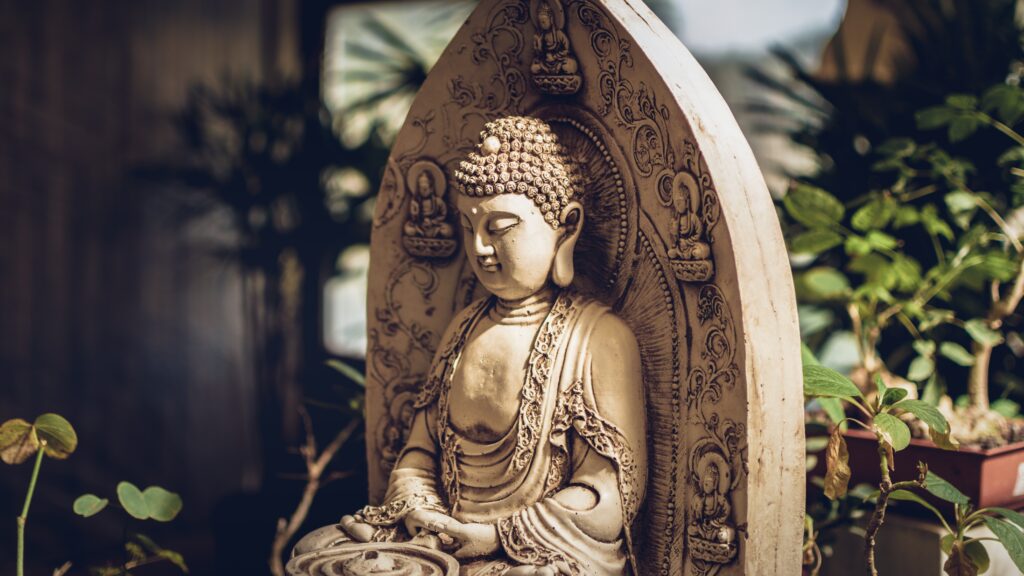
On the topic of burning the Quran.
The past year there have been some people demonstrating against Islam by burning the Holy Quran in public places. The response from the Muslim communities has been severe, even rioting and hurting people, throwing stones at police, setting cars and buildings on fire.
Obviously burning religious texts is a violent act, and highly disrespectful against the people who’s religion it is. But I also think the violent responses are wrong. It is using violence to argue against someone’s oppionions. Not only is this type of violence illegal in most countries in the world, but probably a more important consequence is that it will increase hatred against Islam and Muslims.
I think that Buddhism has great teachings on responding to hatred and hateful acts. One of the teachings I like is the the Āghāta Sutta: Hatred.
In the Āghāta Sutta (AN 10.80), the Buddha is depicted as imparting teachings to a group of monks on the topic of subduing hatred. The sutta consists of the Buddha’s instructions on ten different methods or approaches to overcome and subdue hatred. The text represents the words of the Buddha as he guides the monks in cultivating attitudes and practices that can transform their relationship with hatred.
Ṭhānissaro Bhikkhu has gracefully translated it from Pali for everyone to read.
“There are these ten ways of subduing hatred. Which ten?”
[1] “Thinking, ‘He has done me harm. But what should I expect?’ one subdues hatred.”
[2] “Thinking, ‘He is doing me harm. But what should I expect?’ one subdues hatred.”
[3] “Thinking, ‘He is going to do me harm. But what should I expect?’ one subdues hatred.”
[4] “Thinking, ‘He has done harm to people who are dear & pleasing to me. But what should I expect?’ one subdues hatred.”
[5] “Thinking, ‘He is doing harm to people who are dear & pleasing to me. But what should I expect?’ one subdues hatred.”
[6] “Thinking, ‘He is going to do harm to people who are dear & pleasing to me. But what should I expect?’ one subdues hatred.”
[7] “Thinking, ‘He has aided people who are not dear or pleasing to me. But what should I expect?’ one subdues hatred.”
[8] “Thinking, ‘He is aiding people who are not dear or pleasing to me. But what should I expect?’ one subdues hatred.”
[9] “Thinking, ‘He is going to aid people who are not dear or pleasing to me. But what should I expect?’ one subdues hatred.”
[10] “One does not get worked up over impossibilities.”
“These are ten ways of subduing hatred.”
Reacting to disrespectful acts with hatred and violence is only fuelling more of the same. The better choice is to remain calm and composed and respond with patience.

According to Buddhist teachings, responding to acts of hatred and hateful acts should be done with compassion, understanding, and non-violence. Buddhism emphasizes the cultivation of inner peace, wisdom, and love as a means to transform negative situations. I think everyone would benefit from embracing this philosophy against anger and hatred.
Instead of responding with anger or hatred, strive to cultivate compassion and seek to understand the underlying causes of such actions. Recognizing that people who commit such acts are driven by their own suffering and ignorance can help develop a more compassionate response.
By having empathy and understanding, we can also encourage tolerance, interfaith dialogue, and working towards social harmony.
